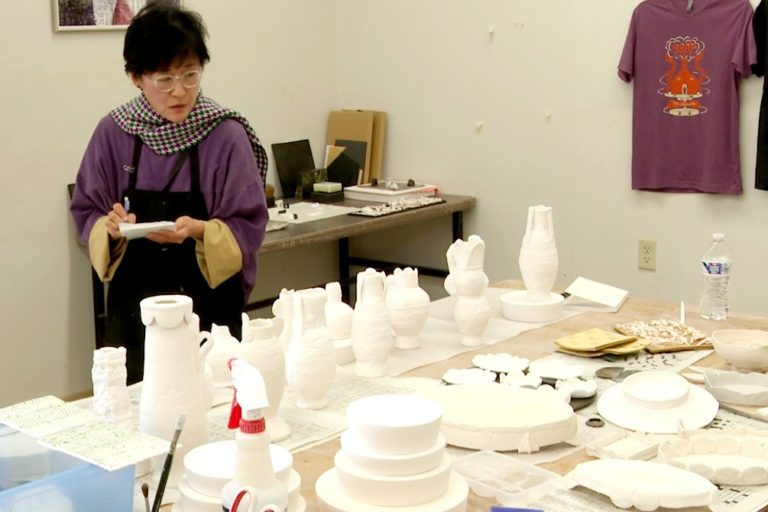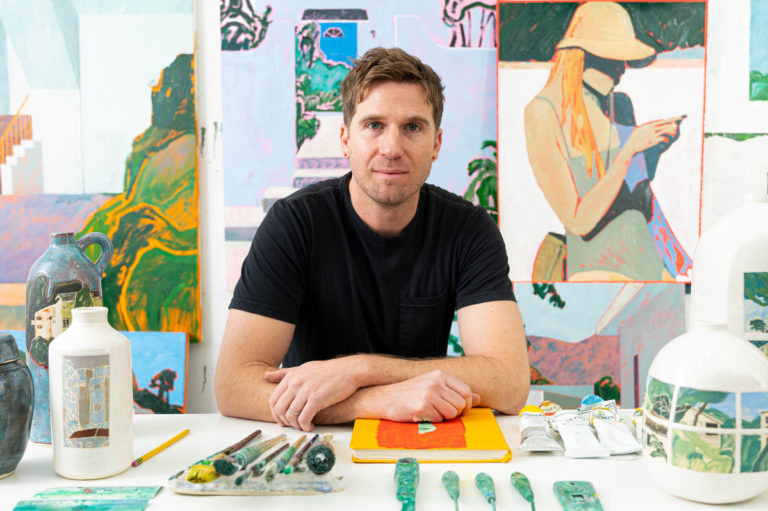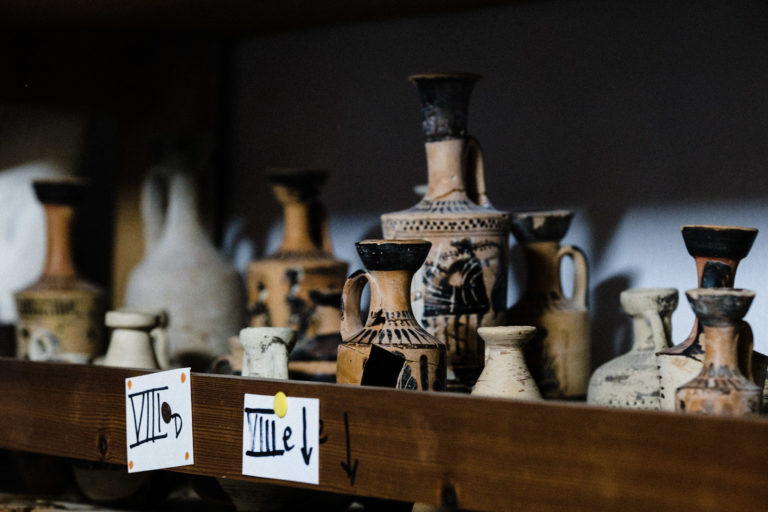
Theatre alumnus Vincent Paul is a driving force for the city of Detroit and within the performing arts community.
As President and Artistic Director of Detroit’s acclaimed Music Hall Center for the Performing Arts, Paul’s vision, leadership, and entrepreneurial spirit inspired the community to fund the Hall’s complete restoration. This included establishing the famous Jazz Café, recently renamed Aretha’s Jazz Café to honor Queen of Soul Aretha Franklin, which has become one of the country’s leading jazz venues. He also developed the Music Hall’s rooftop into 3Fifty Terrace, one of the hottest nightclubs in Detroit.
“The Music Hall is a 90-year-old national landmark. It was the first performing art center in America with open access to all people,” Paul said. “It’s an important building in an important city.”
One of the country’s leading performing arts managers, Paul is responsible for the more than 300 performances and events held each year among the Music Hall’s three venues – the main hall, 3Fifty Terrace, and Aretha’s Jazz Cafe. He also oversees the five performing arts education programs held by the Music Hall that instruct more than 22,000 kids each year through Detroit Public Schools.
Through the performing arts, we have a megaphone where we can change culture, educate, and use it as a vehicle to heal this city.
“Through the performing arts, we have a megaphone where we can change culture, educate, and use it as a vehicle to heal this city,” Paul said. “We are using facilities like the Music Hall to affect change in Detroit. I’m talking about real, cultural change.”
To do this, Paul initiates programming to promote diversity and to encourage tourism. He also serves as an advocate for the city and invites young adults to stop and consider Detroit.
“You don’t have to go to Chicago or New York to harness your talent. You can harness it here,” Paul said. “The creative industries are exploding in Detroit. I can’t imagine being in a more exciting place in 2018. The young people are beginning to know about it and moving here. That’s how we know we are getting through. We’re trying to keep the talent in Detroit.”
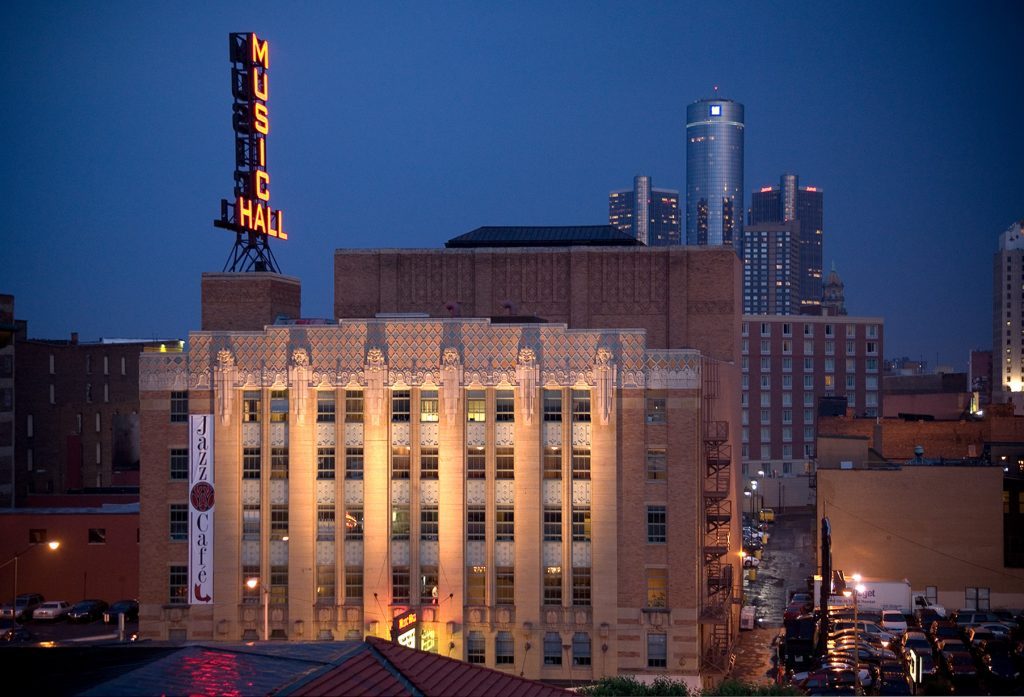
A Detroit native, Paul received his B.A. in Theatre from MSU in 1985. After graduating, he moved to New York City where he spent 22 years working as a stage manager, tour director, and executive director for Broadway shows and world-recognized dance and music companies. His job often brought him back to Detroit and it was during these trips that he got to know then Detroit Music Hall President Cameron “Sandy” Duncan.
When Duncan asked him if he had ever considered moving back to Detroit, Paul said no. And when Duncan resigned as Music Hall president, Paul didn’t put his name in the candidate pool right away. It wasn’t until a few months later when Paul and his wife were watching their sons wait in line to climb a tree at a crowded New York City park that he decided to pursue the position.
“My Michigan upbringing was wonderful. After traveling the world and seeing so much, I was able to look back and truly understand how wonderful Michigan is,” Paul said. “I wanted my kids to experience that.”
The creative industries are exploding in Detroit. I can’t imagine being in a more exciting place in 2018.
In 2006, at the age of 43, Paul became the President and Artistic Director of the Music Hall and brought with him a different perspective and new ideas.
“By presenting a wide array of cultural attractions ranging from Russian Ballet companies to Arab Orchestras to Bollywood productions from India to Urban Stage plays and everything in between, Detroiters began to understand who they really are and that it is one of the most culturally diverse cities in America,” Paul said. “It is not a tale of two cities, it is a tale of 10 cities!”
Growing up in Detroit, while other kids were invested in sports, Paul found his place in the performing arts and decided to further pursue that interest at MSU.
“While at MSU, I ran into a group of like-minded individuals that verified I was not alone in the universe and that I was not a weirdo because I liked theatre,” Paul said. “We were so tight, we were a family.”
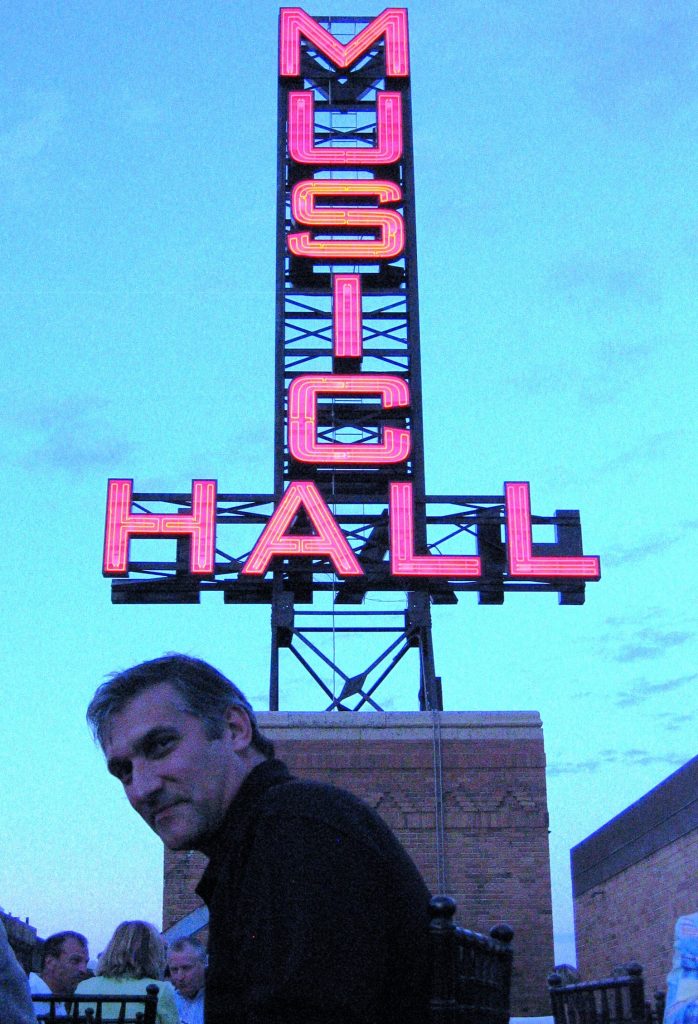
For Paul, MSU’s Department of Theatre created an environment that not only encouraged him to try new things, but also gave him the opportunity to fail in a safe environment.
“I was safe and free to experiment and maybe make a fool of myself,” he said. “That’s what you want, you want to be able to make mistakes in a loving, nurturing place.”
More than that, Paul credits MSU and the Department of Theatre with balancing theory and practice.
“I often say the combination of the classroom study and the practical application are the secret sauce,” Paul said. “There needs to be a balance of concept and composition, and I think MSU is striking it right.”
There needs to be a balance of concept and composition, and I think MSU is striking it right.
While at MSU, Paul worked at the Wharton Center and Summer Circle Theatre.
“We were allowed to work as union extras at the Wharton Center on large shows where they needed crew, this was invaluable and something other schools aren’t able to deliver,” he said. “I also was able to produce musicals. This, together with my work at the Wharton, gave me my first job out of college. I was qualified the day I graduated.”
Now some 30 years later, Paul continues to integrate what he learned through his experience at MSU into his work as an influencer in the city of Detroit.
“You never stop learning, but when you get an accumulation of inventory, then say okay now I have something to say that the world needs to hear,” Paul said. “When the learner becomes the teacher is when we reach the fundamental crossing over.”
